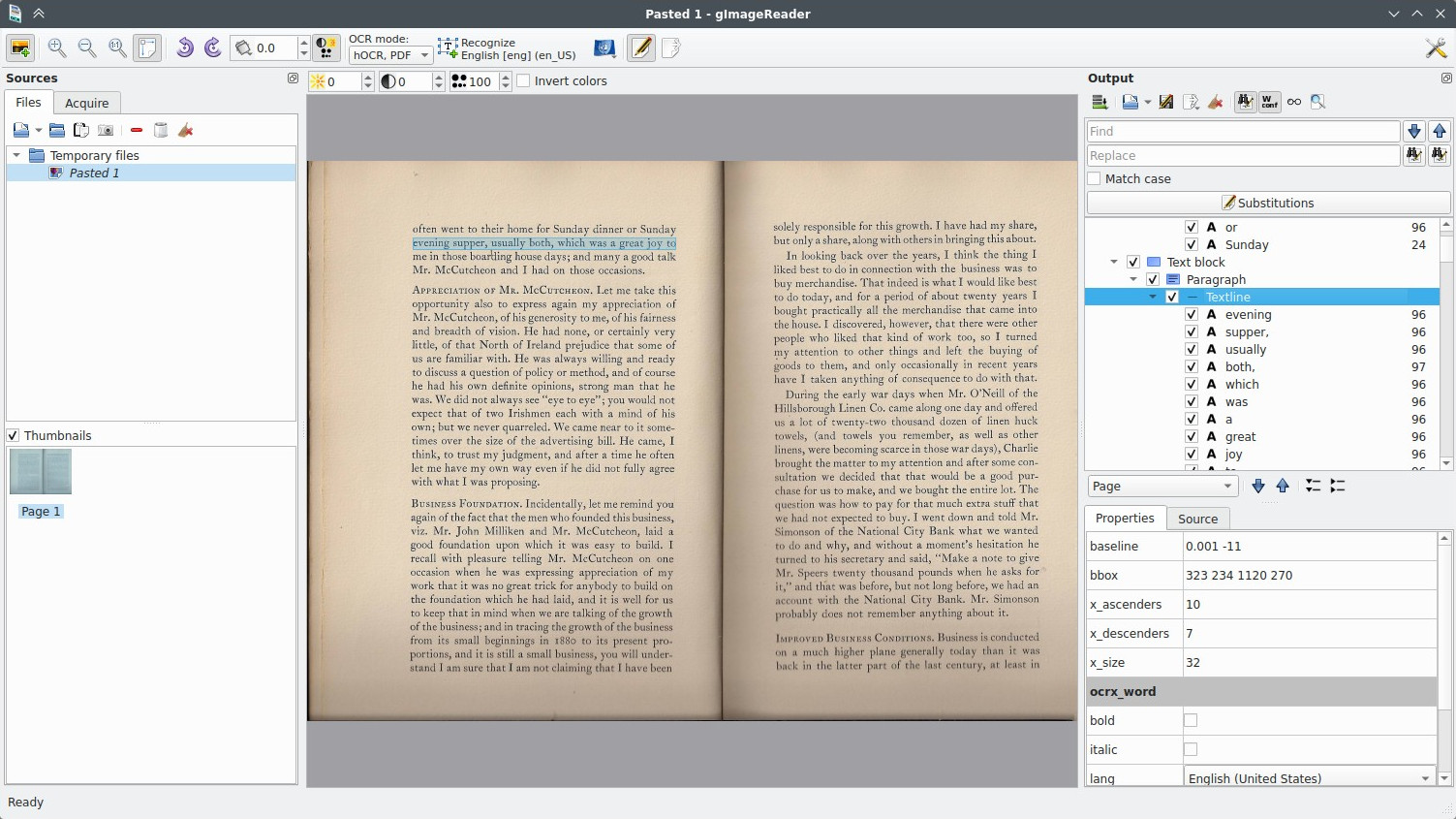
Gtk Vs Qt
The gui is then a plugin or something. That way you can take one application and write a gui using gtk, QT, win32, whatever you want and never have to rewrite the application. This is how licq works. The licq application is stand alone and you can download interface plugins for it, QT plugins, gtk plugins even command line plugins.
In general, the difference from a user perspective should be purely cosmetic. Qt and GTK set themes independently (via, e.g., qtconfig or gtk-chtheme) but this is harmonized by some desktop environments. GNU/Linux tends to be more GTK oriented than Qt in the sense that the former is more commonly used, so you may want to prefer it when given the choice; an exception would be under KDE, which uses Qt for its own applications -- although none of these factors is very important. A more significant issue would be in contexts with very limited RAM (as in. I would be extremely interested to know how you come to the conclusuion that Linux is more GTK oriented? Linux, typically implies only the Linux kernel which in general has no bias towards either of the toolkits, since it is an OS kernel, not a GUI userspace program.
If you meant to imply GNU/Linux as an operating system, I'd still dispute your claim. To say that GNU/Linux is more GTK oriented because Ubuntu is the most popular distro is like saying Christiano Ronaldo is the best sportsman because football is the most played game in the world. (I'd dispute that too) – May 14 '14 at 13:14 •. Friedland stockport sk5 6bp doorbell manual transfer station.
@darnir I'll put the 'GNU' qualifier in since I did mean the operating system in a colloquial sense. I'll defend my thesis that it is more GTK than Qt oriented: GTK (which originally stood for the 'GIMP Tool Kit', and GIMP = the GNU Image Manipulation Program), GIMP, and GNOME are all GNU projects and a core part of their (userland) vision for an operating system, which paired with the kernel is what 'linux' historically is. So GTK was developed primarily for linux, it is also native C (vs. Qt's C++), whereas Qt is more of a genuinely cross-platform entity. – May 14 '14 at 13:23 •.

While I will agree with you about the history and etymology of GTK, this does not implicitly imply that GNU/Linux is GTK oriented. In fact the opposite is true and is confirmed by your statements. GTK was designed for linux, not the other way around. I'd defend my thesis stating that Linux as a kernel and GNU/Linux as an operating system are agnostic towards any GUI Toolkit. GTK is often seen in the wild more than Qt because of Ubuntu's heavy dependence on it. Also the fact that it is lighter on system resources helps.
– May 14 '14 at 13:30 •. @darnir Yes, the OS is essentially agnostic WRT the GUI toolkit -- I would not claim GTK is 'the native' toolkit, etc.
But you're wrong about why it 'is often seen in the wild more' -- GTK was the most widely used toolkit on the platform before Ubuntu even existed because of the aforementioned relationship with other fundamental parts used extensively by all distros. This is why most linux GUI apps are GTK apps already, and why, without more context to go on, it makes sense to tell a new user 'You might as well pick that one', all else being equal. But it does not really matter. – May 14 '14 at 13:42 •. No, there is no difference in the internal structure of such programs. GTK and Qt are user interface toolkits and frameworks. They are libraries that the developers use to design graphical interfaces.